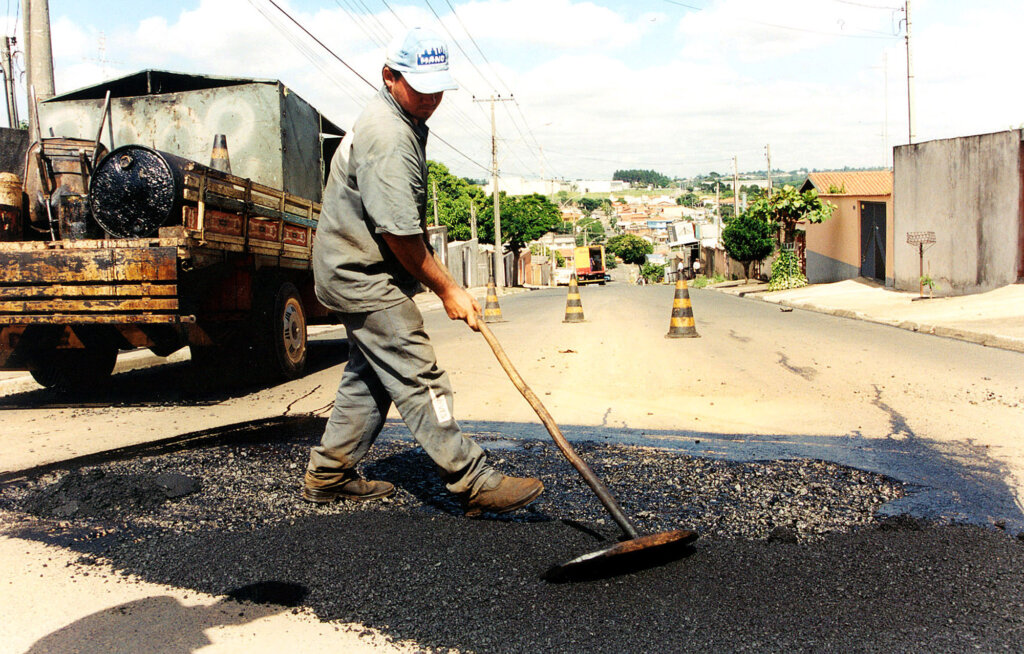
Q: My supervisor often calls me late afternoon and informs me that I have to work mandatory overtime that evening. Can my employer force me to work overtime?
-Jaded Jim
Monterey, CA
A: According the CA Department of Labor Standards Enforcement (DLSE), your employer can require you to work overtime and discipline an employee who refuses to work scheduled overtime.
The employee must be paid 1½ times their hourly rate for any hours worked after the first eight hours in a day or 40 hours in a week. For overtime hours worked over 12 hours in a day, the employee must be paid double their usual hourly rate. There are a number of professions that are exempt from these overtime laws including salespersons, taxi cab drivers and even sheepherders!
Q: I work at an auto manufacturing plant. My boss says that I have to be at my post at the beginning of my shift. But, before I can start work, I have change in to protective boots, gloves, hardhat with face shield and heat apron. I have to be at work fifteen minutes before and after my shift putting on this gear and getting to and from the locker room. Shouldn’t my employer have to pay me for this time?
-Frustrated in Fremont
A: Yes, your employer should pay you for the time it takes to change into protective clothing and walk to your work station. The Supreme Court unanimously upheld the ruling of the U.S. Court of Appeals in San Francisco requiring that employees be paid for this donning of protective gear and walk to their production area.
Q: Do I have to protect my employees from the sexual advances of my clients? How can I control the actions of others?
-Powerless Professional
San Jose, CA
A: Just because you do not employ the person harassing your employee does not mean that you are freed of responsibility to prevent further harassment. If you don’t work to stop the harassment, you can be liable. To be liable, an employer must have known (or should have known) about the harassment and failed to take immediate and appropriate corrective action. Even if your employee does not directly complain to you, if you observe sexual harassment and fail to act, you could still be liable.
The Bureau of Labor Statistics found more than half of workers in production occupations used personal protective equipment to mitigate noise intensity.
(This article was originally published in the column Watercooler Counsel. It has been included here with minor updates.)
